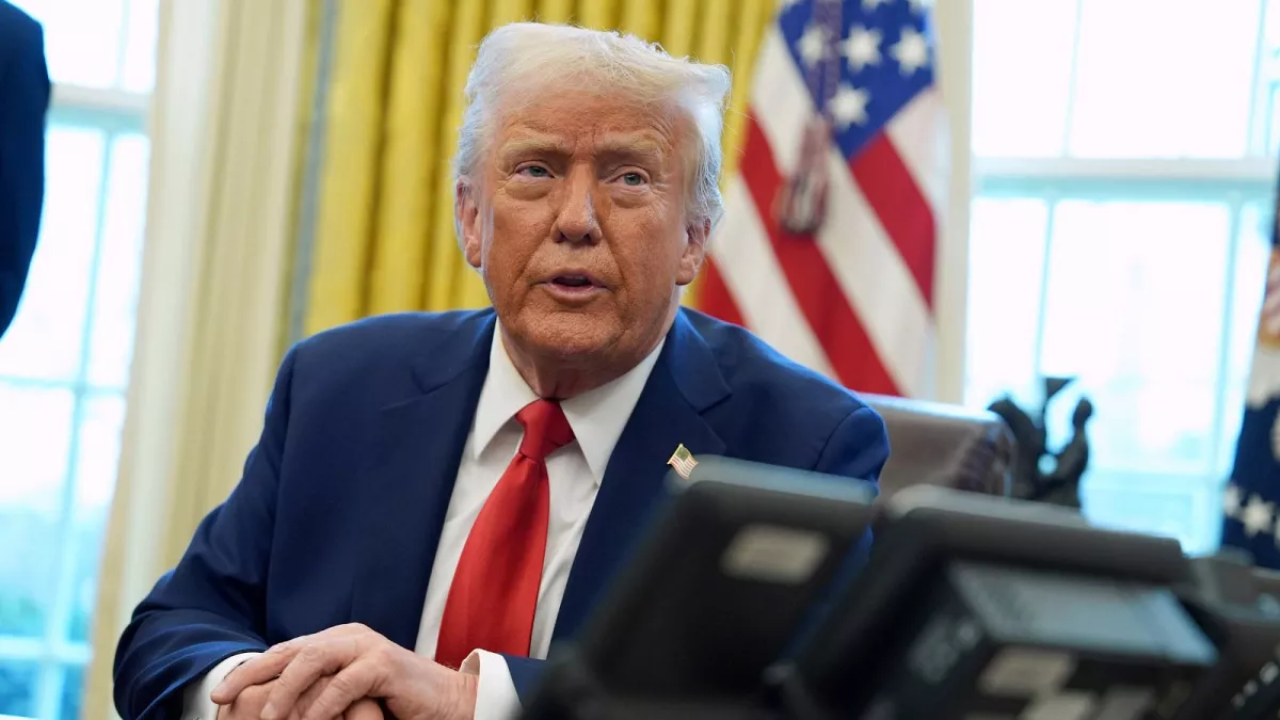In recent months, President Donald Trump has reiterated his commitment to safeguarding Social Security benefits while implementing measures aimed at reducing fraud within the system.
These initiatives, however, have sparked a range of reactions from beneficiaries, advocacy groups, and policymakers.
Presidential Assurance on Social Security
President Trump has consistently assured the American public of his dedication to preserving Social Security benefits.
In a March 2025 statement, the White House emphasized that the administration would not cut Social Security, Medicare, or Medicaid benefits.
The statement also addressed concerns about potential fraud, referencing efforts to enhance the integrity of these programs.
Department of Government Efficiency (DOGE) Initiatives
Under the guidance of Elon Musk, the Department of Government Efficiency (DOGE) has undertaken significant actions to address alleged inefficiencies and fraud within federal agencies, including the Social Security Administration (SSA). These measures encompass:
- Staffing Reductions: Plans to reduce SSA’s workforce by approximately 12%, equating to around 7,000 positions. Proponents argue this will streamline operations, while critics express concern over potential service disruptions.
- Office Closures: The proposed closure of 47 SSA field offices aims to cut operational costs. This move has raised alarms about accessibility, especially for beneficiaries in rural areas who may face long travel distances to the nearest office.
- Enhanced Identity Verification: To combat fraud, the SSA has introduced stricter identity verification protocols. As of March 31, 2025, beneficiaries must verify their identity online or in person at a field office, eliminating the previous option to do so over the phone. While intended to bolster security, this change poses challenges for seniors lacking internet access or transportation.
Impact on Beneficiaries

These policy changes have elicited mixed reactions:
- Service Accessibility: Beneficiaries in rural and underserved communities face increased difficulties accessing services due to office closures and the elimination of phone-based verification. Advocacy groups warn that these changes could disproportionately affect seniors with limited mobility or technological proficiency.
- Financial Security Concerns: While the administration frames these measures as efforts to protect the financial integrity of Social Security, some beneficiaries fear that reduced staffing and limited access could lead to delays in benefit processing and payments, jeopardizing their financial stability.
Government and Legal Responses
The recent actions have prompted responses from various quarters:
- Legal Challenges: Courts have intervened to address concerns over data access and privacy. A temporary restraining order was issued limiting DOGE’s access to SSA data, highlighting tensions between efficiency initiatives and data protection.
- Congressional Oversight: Lawmakers have expressed concern over the potential impact of DOGE’s initiatives on Social Security operations. The House Ways and Means Committee, for instance, has called for transparency and accountability in implementing these changes to ensure that efforts to reduce fraud do not inadvertently harm beneficiaries.
Looking Ahead
As the administration continues to implement these reforms, the balance between combating fraud and ensuring beneficiary access to services remains delicate.
Ongoing dialogue among government agencies, beneficiaries, advocacy groups, and policymakers is crucial to navigate the complexities of these changes and uphold the integrity and accessibility of Social Security.
Disclaimer- Our team has thoroughly fact-checked this article to ensure its accuracy and maintain its credibility. We are committed to providing honest and reliable content for our readers.






